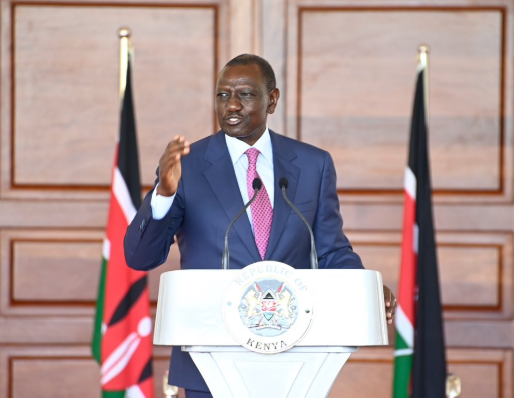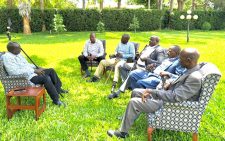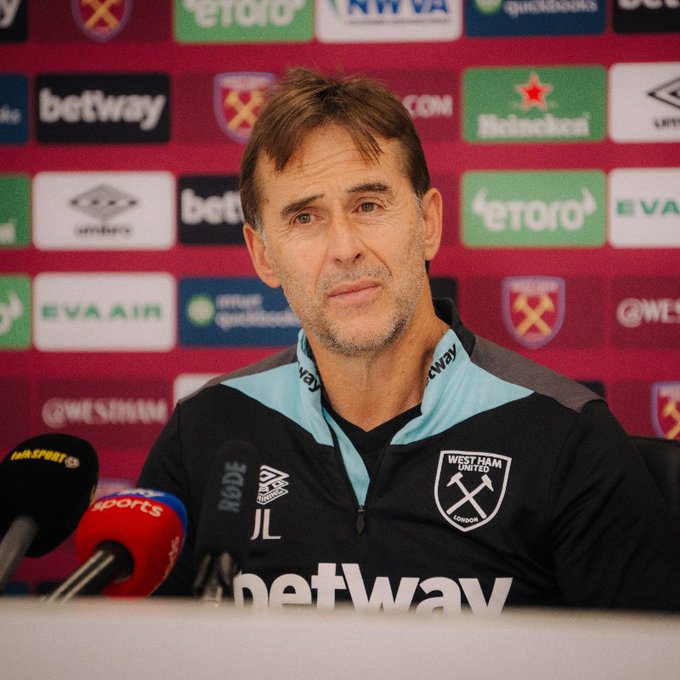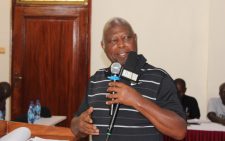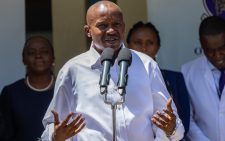The couple behind ‘The Letter’
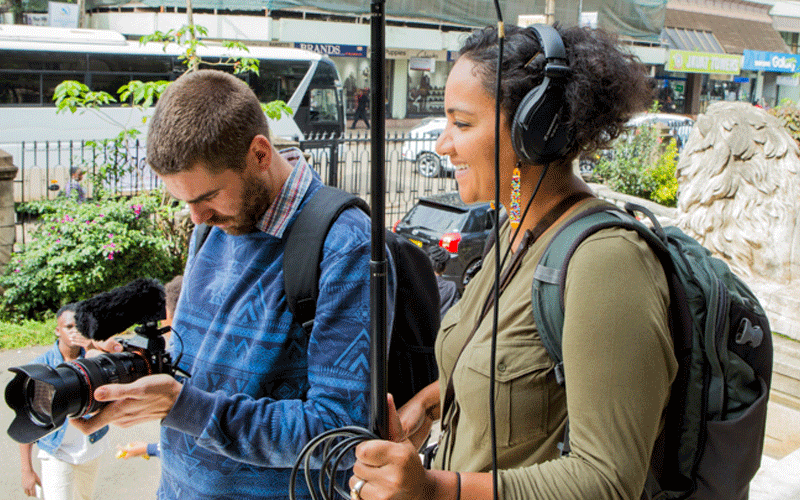
When Maia Lekow and Christopher King met in Melbourne, Australia in 2005, neither of them knew they would one day become creative partners and make a film that would be Kenya’s official selection for the 93 Oscars. They let us in on running a filmmaking business as a couple.
Njeri Maina @njerimainar
“If we did not work together, we would be that harmonious couple who never fight.
I think most of our disagreements stem from a creative place where we all want the project to turn out great and are thereby pushing each other’s output and critiquing it in order to achieve a certain level of greatness,” Maia Lekow begins.
We are having an animated discussion about The Letter, a documentary Maia Lekow co-produced and co-directed with her husband, Christopher King.
The couple is the manifestation of the common saying that you will only go as far as the person you are going to marry is willing to go.
With their sights set on making more feature films with a view of sparking difficult conversations and helping reshape the thinking of the Kenyan populace around social issues, an Oscar nomination nod by Kenya probably heralds a great list of more filmmaking feats for the duo.
Maia is a Kenyan producer, director, singer and songwriter with more than a decade of experience in writing, singing and producing great songs.
She sings in fluent Swahili and English and has two Extended Plays (EPs)out with great singles such as Lola and Pawa, which features Blinky Bill.
Maia is also a great live performer and loves performing at African festivals alongside her band named ‘Maia and The Big Sky.’
The genesis
Maia met Chris while studying in Melbourne Australia in 2005. They would fall in love, travel for a bit before settling in Kenya in 2007 where Chris would help with producing and directing her music videos.
“I went to art school and did filmmaking. When we settled back in Kenya, I was more than willing to use my skills to earn a living.
One of my first jobs was editing Wanuri Kahiu’s film, From a Whisper in 2008. I would then be involved in co-producing and co-directing Maia’s music videos.
We then realised we had a mutual interest in film and formed Circle and Square Productions in 2009,” Christopher explains.
Christopher and Maia would do multiple projects with various brands and nongovernmental organisations.
It was in 2015 while going through a children’s book with African stories about freedom fighters that they would come across Mekatilili wa Menza and be drawn into documentary filmmaking.
They wanted to learn more about her. Mekatilili’s story was, especially important to Maia who wanted to learn more about her Mijikenda community, something she had not been able to immerse herself in as a city girl.
They immersed themselves in the Giriama community for a few years and collected a lot of footage in Kiswahili and Giriama.
They also learnt more about the strong belief in witchcraft along the coast and how Mekatilili herself, who was fighting against the British for her people’s land was labelled a witch by the British.
They would learn how modern day witch hunting was being used by the younger generation as a tool to take ancestral land from the older one.
It was while they were looking for a translator in 2017 to help with the footage in Giriama that they met Karisa Kamango who shared how he was going through a similar thing with his uncles accusing his granny of being a witch.
Karisa agreed to share his story and the filming of what would later become The Letter began.
In late November this year, The Letter, was nominated for the 93 Oscars, an honour they did not envision even as they worked on the film for over six years and sourced for funding from multiple film partners such as Docubox and Sundance.
The duo talks of how they work as a team and challenge each other to be better.
Christopher believes Maia is a great musician and does everything he can to ensure the videos they co-produce and co-direct portray that.
Maia similarly believes the same about Chris’s cinematography and editing skills and is willing to give input and support in any way that ensures he is giving his best in any project.
They explain how they co-produce and co-direct together without delineating roles since the project comes first.
They, therefore chip in and work on the project to the best of their abilities according to the filming needs presented at each stage of the process.
As to how that worked out while filming The Letter, the couple shared that it went great albeit not on every day.
“It is common to have creative differences. You cannot agree on everything. We have learnt to separate the professional from the personal and trust that we have each other’s best interests at heart.
This way, we can take critique of each other’s work better, which in turn helps us churn out great work.
We have also learnt each other’s strengths and weaknesses over time and, therefore allow each other the space to leverage that strength at different stages of the filmmaking process.
Maia for instance is good at drawing people in and asking great insightful questions.
She is, therefore best placed to do face-to-face interviews while I film,” Chris further explains.
Maia agrees. She talks about how Chris pushed her to come up with the score for The Letter as she was hesitant of taking up any more roles for the film.
She is grateful that she listened and is proud of the nine tracks that she co-composed with Ken Myhr.
The Letter’s eleven track soundtrack also features Utamaduni Brass Band and Karisa’s (aka Vidze Kaladze Vidze) single Ulisema and is available on all streaming platforms worldwide.
When asked what they have planned for the future, they respond that they will continue creating more documentary films.
“We hope to use documentary films to tell African stories in an authentic and true way not only for African representation on the big screen, but to also spark meaningful conversations,” Maia concludes.
